The Vietnamese Trade Office in Sweden said that the low-quality rice that was temporarily detained is not the type of rice that Vietnam exports to Sweden.

Ms. Nguyen Thi Hoang Thuy, Director, Head of the Vietnam Trade Office in Sweden, concurrently in charge of the Northern Europe region, said that the low-quality rice that was temporarily detained is not the type of rice that Vietnam exports to Sweden.
Vietnamese rice is not detained in Sweden
Vietnam mainly exports Jasmine and Japonica rice to Sweden. Meanwhile, the rice in violation this time is Basmati, originating from other markets, not Vietnam.
Previously, on the morning of October 28, the Vietnam Trade Office in Sweden issued a warning that the Swedish Food Safety Authority had coordinated with the police, the Labor Environment Agency, Customs and many cities to conduct a large-scale investigation campaign to check rice distributors.
More than 600 tonnes of basmati rice were inspected and serious problems were found, including insects, expired rice and tampered with date labels. In some cases, distributors were unable to provide information about the origin of the rice. Only 5% of the rice inspected met the quality standards promised. At the only rice mill in Eskilstuna, authorities found ungraded rice being repackaged as basmati rice during a surprise inspection.
The city authorities have prosecuted the company for violating the Food Law, falsifying documents and making false declarations. However, according to the head of the preliminary investigation, Anton Larsson Forsberg, the police have not taken any concrete action. In total, 20 companies in 6 cities were inspected, with 5 companies banned from selling and 14 companies having to correct their labels.
This move by Sweden once again shows that this is a market with many strict regulations on products.
Sweden has many strict regulations on imported products.
Regarding Vietnam's rice exports to Sweden, Ms. Nguyen Thi Hoang Thuy informed that Sweden in particular and the Nordic region in general have many strict regulations and criteria on imported goods, including rice. Therefore, businesses must pay special attention to market regulations in order to maintain market share for their products and goods.
Regarding Vietnamese rice, in recent times, the Trade Office has sought every solution to bring Vietnamese rice to the Swedish market. Before 2019, Vietnamese rice was almost absent from the Swedish market. After mobilizing the Vietnamese business community in Sweden to "prioritize trading Vietnamese goods", the Trade Office has actively introduced and promoted Vietnamese rice. At the same time, it has encouraged and supported Asian importers to import goods. Fortunately, overseas Vietnamese businesses in Sweden have actively cooperated with the Trade Office to promote and bring Vietnamese rice to this market.
"After 3 years, Vietnam's rice export turnover to the Swedish market has increased from tens of thousands of USD to 3 - 4 million USD. In the first 6 months of 2024, Sweden imported more than 2 million USD worth of rice from Vietnam, an increase of 94% over the same period in 2023," Ms. Nguyen Thi Hoang Thuy shared.
In order for Vietnamese rice to better conquer the Nordic market, the Vietnam Trade Office in Sweden recommends that importing companies play an important role in checking the quality and food safety specifications of rice, as well as in distributing it to consumers and smaller resellers. For specialty rice suppliers, it is best to establish solid partnerships and avoid trading rice in large quantities.
Source


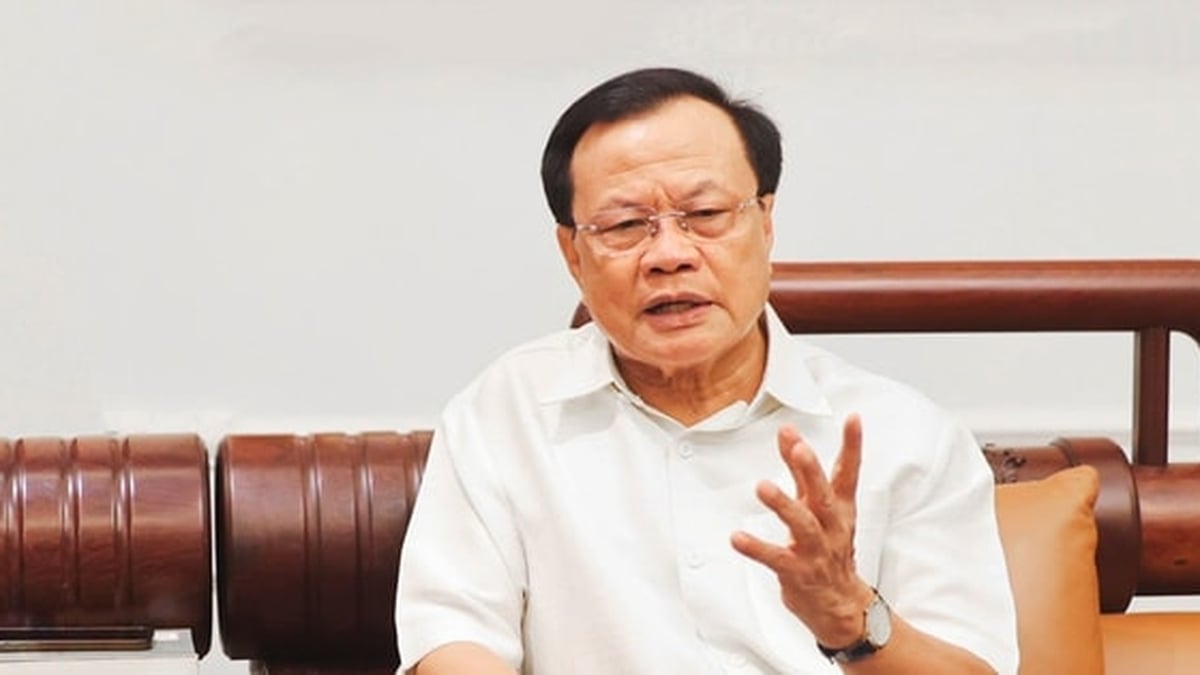
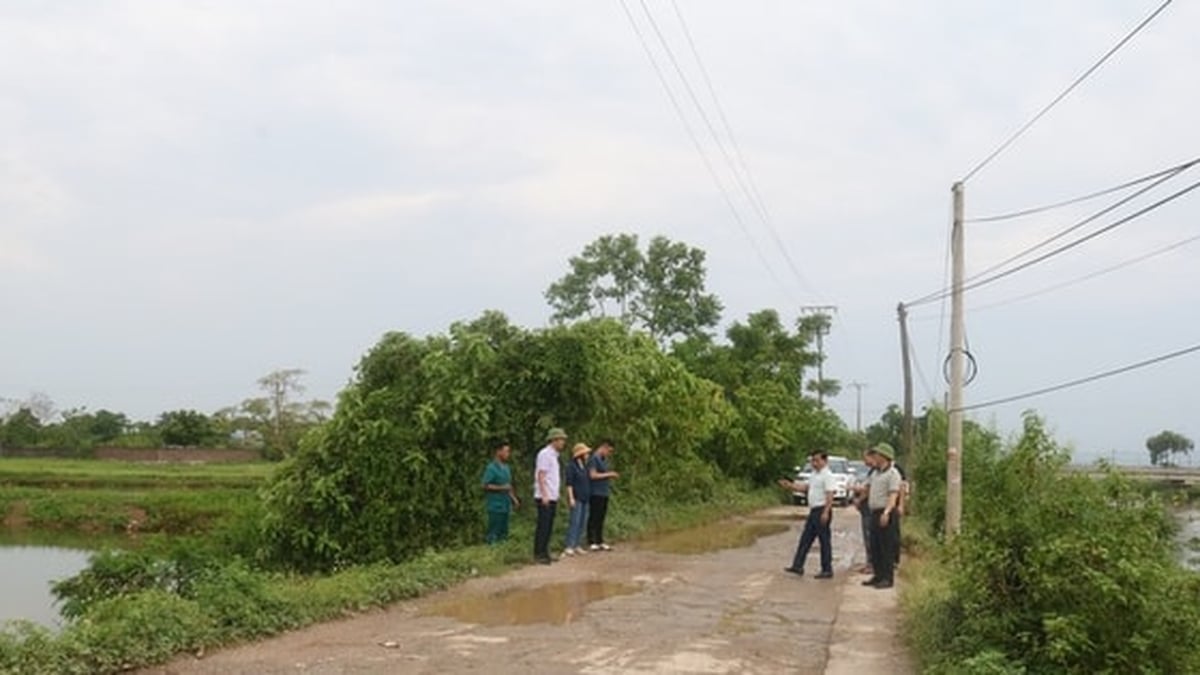
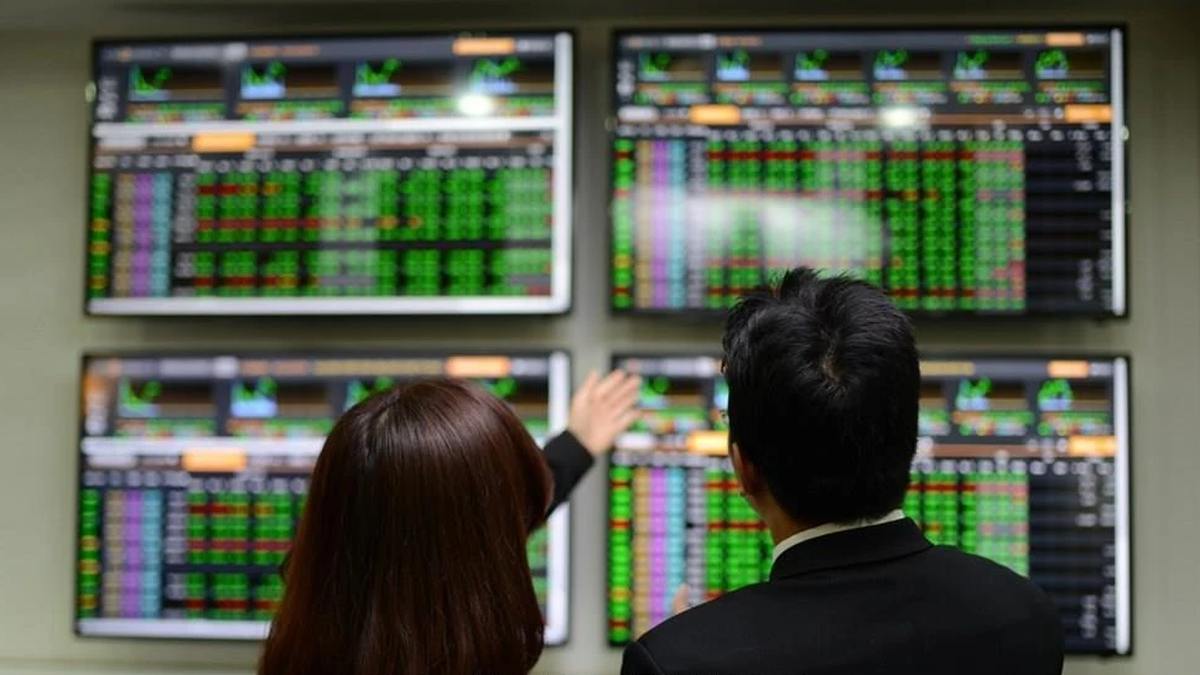
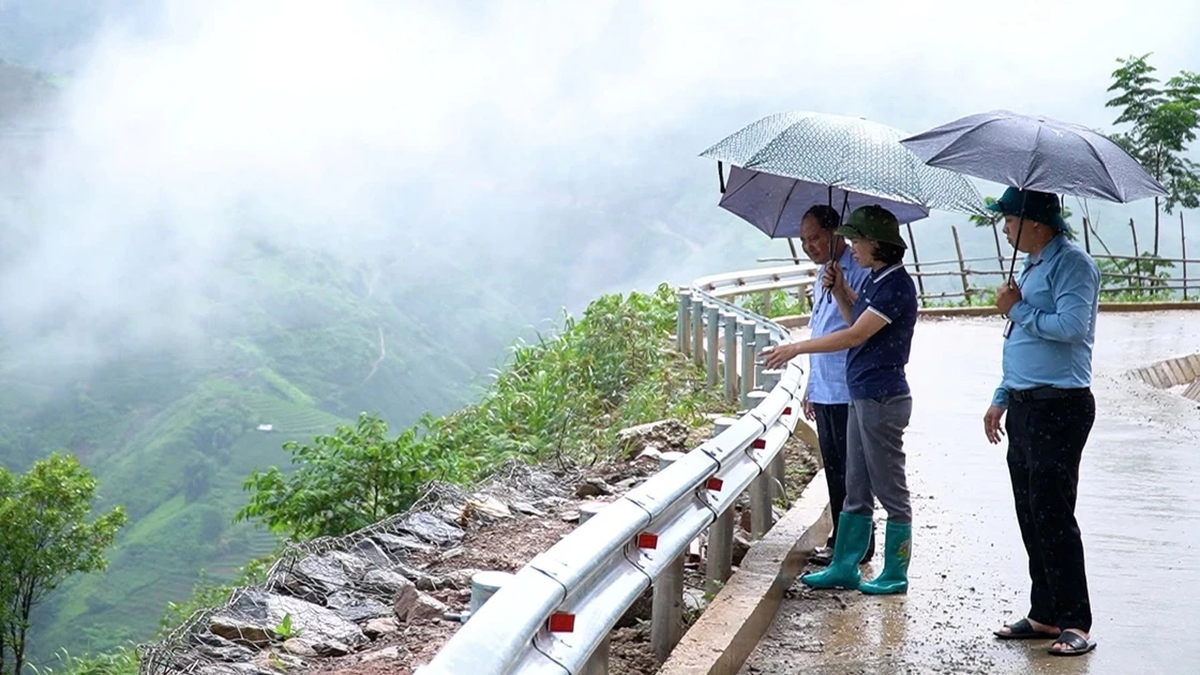
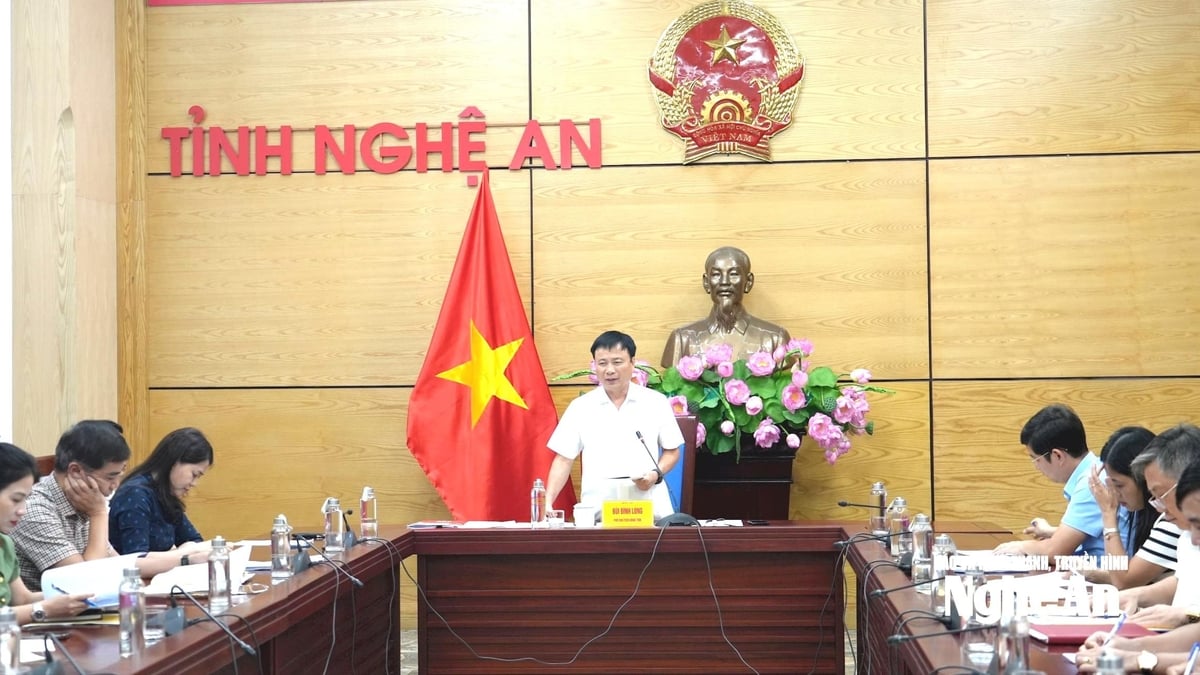
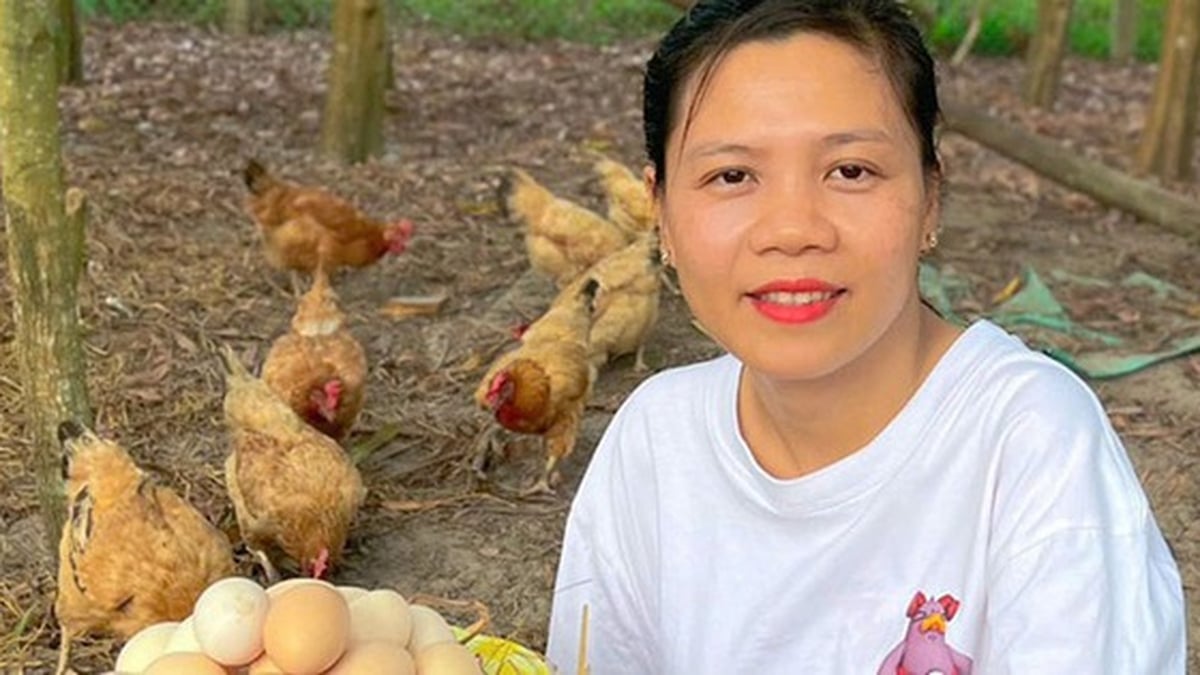

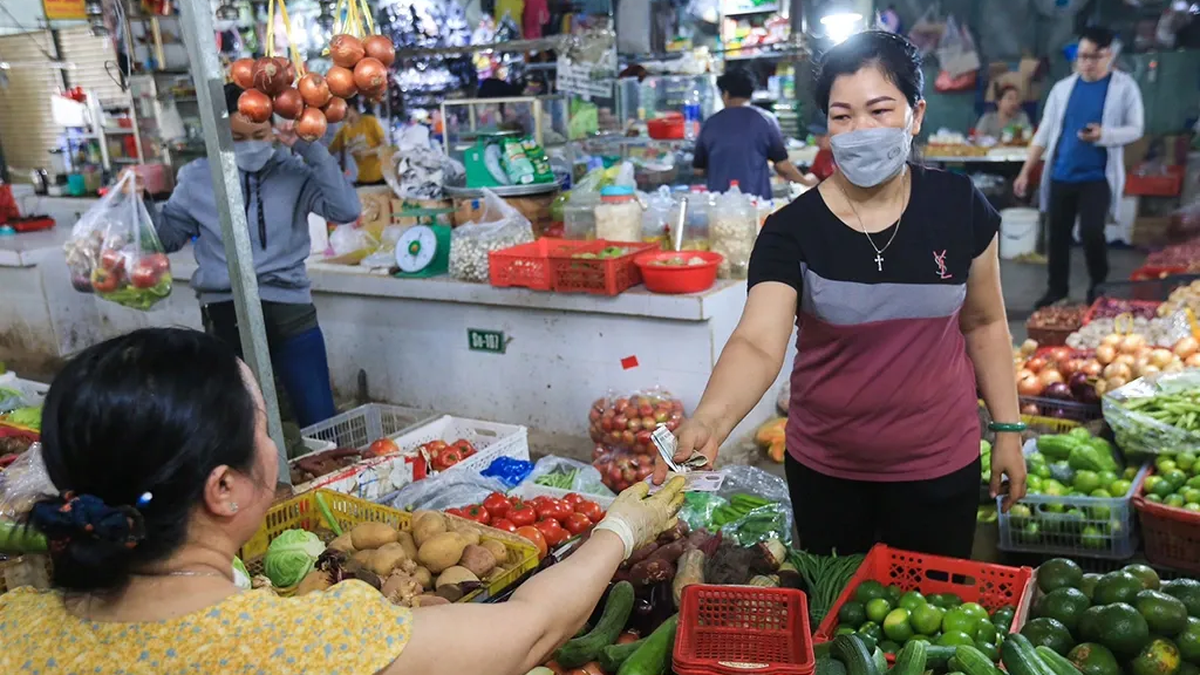
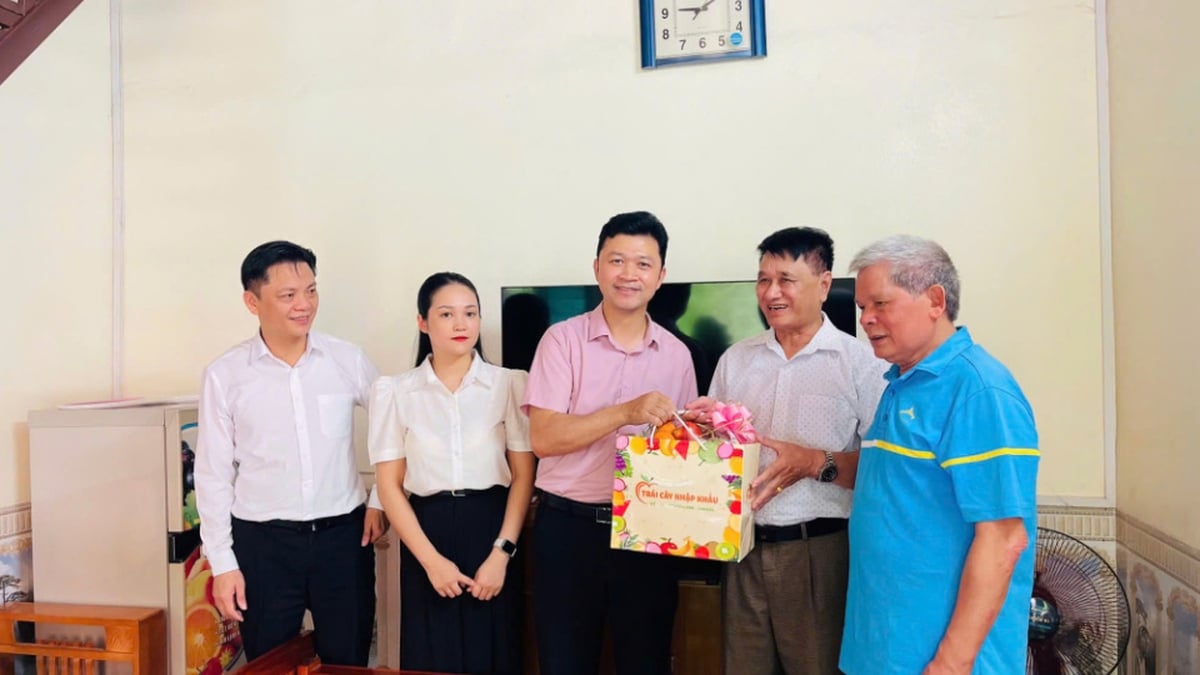
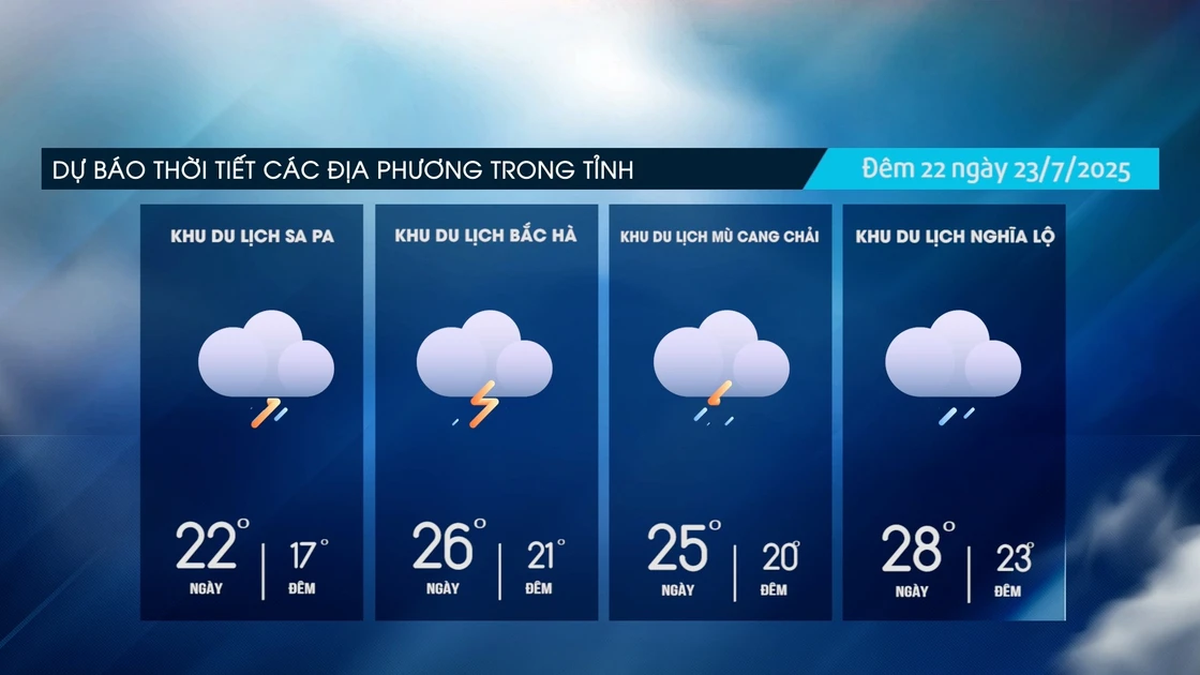







































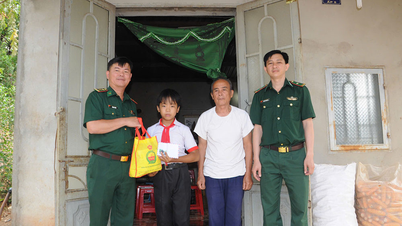











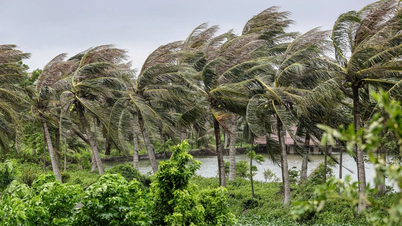
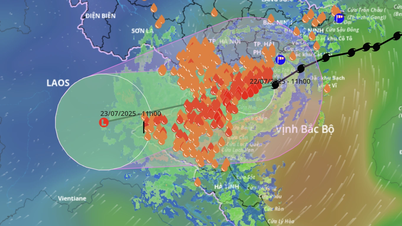
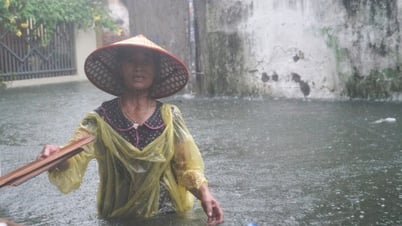
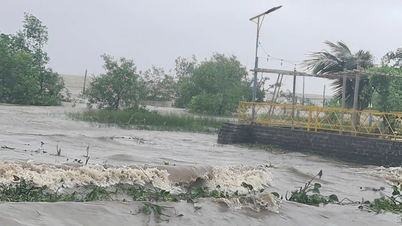

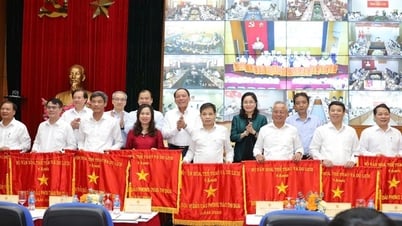


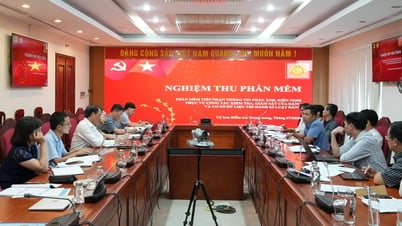





























Comment (0)